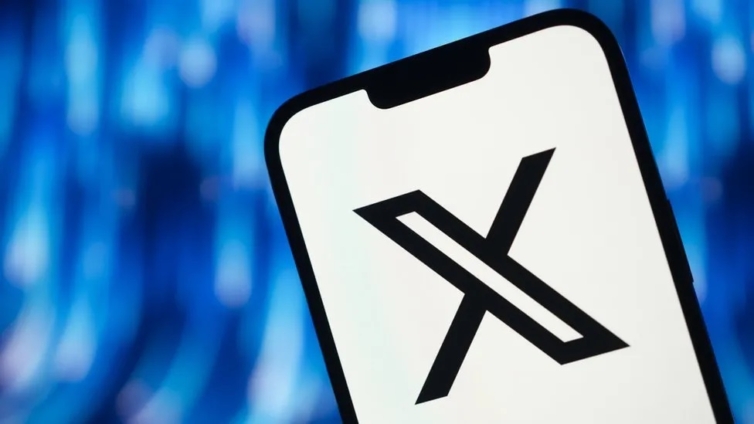The European Union has formally announced it suspects X, previously known as Twitter, of breaching its rules in areas including countering illegal content and disinformation.
Digital commissioner Thierry Breton set out the alleged infringements in a post on the social media platform.
He said X, which is owned by Elon Musk, was also suspected of breaching its obligations on transparency.
X said it was "co-operating with the regulatory process".
In a statement, the firm said it was "important that this process remains free of political influence and follows the law".
"X is focused on creating a safe and inclusive environment for all users on our platform while protecting freedom of expression, and we will continue to work tirelessly towards this goal," it added.
These are the first formal proceedings launched under the Digital Services Act (DSA), the tough new rules for big tech firms the EU has introduced.
The DSA places extra obligations on major companies to protect users against extreme content. If they fail to do so they can face enormous fines or be suspended.
"Today, we opened formal proceedings against X based on several suspected infringements of the Digital Services Act," EU Commission spokesman Johannes Bahrke said.
"The opening of proceedings means that the Commission will now investigate X's systems and policies related to certain suspected infringements. It does not prejudge the outcome of the investigation."
In October the EU said it was investigating X over the possible spread of terrorist and violent content, and hate speech, after Hamas' attack on Israel.
X said then that it had removed hundreds of Hamas-affiliated accounts from the platform.
Explaining the latest steps in its investigation into X on Monday, the EU said its probe would also consider the effectiveness of X's so-called Community Notes system.
It allows contributors to comment on the accuracy of posts, with the company considering it a bulwark against disinformation.
However, concerns about the nature of the content appearing on X have intensified since it was bought by Elon Musk - in part because he laid off many of its moderators - with the European Commission previously warning it had the biggest disinformation problem of any major platform.
In the US, controversy over extremist material appearing on the site has led to an advertising boycott, a bitter row between Mr Musk and a campaign group, and even questions about whether X could end up going bankrupt.
Latest Stories
-
Black Stars could miss key players for 2025 Unity Cup – Dr Randy Abbey
5 hours -
Pyramids grab late equaliser in African Champions League final
6 hours -
EU calls for ‘respect’ after Trump threatens 50% tariffs
6 hours -
Ronaldo ‘could play’ in Club World Cup – Infantino
6 hours -
Amorim tells Garnacho he can leave Man Utd
6 hours -
Djokovic makes more history with 100th singles title
6 hours -
Ten Hag set to replace Alonso as Leverkusen manager
6 hours -
Salis’ Sunderland secure Premier League return
6 hours -
Assin Fosu chiefs and elders bless TGMA Unsung Artiste of The Year, Yaw Darling
7 hours -
Middle-aged, 2 children trapped in their home after a fig tree sealed their frontage doors
7 hours -
Roots of resistance: The climate cost of cutting Accra’s trees
8 hours -
Reimagining Informality: Harnessing the Urban potential of street vending in Ghana
8 hours -
Former Yendi MP Dr Farouk Mahama donates towards funeral of late Mion chief
8 hours -
Ghana Gas board pledges accountability and staff support during operational tour
9 hours -
Burkina Faso’s uprising is a rebirth, not rebellion – Ras Mubarak
9 hours

